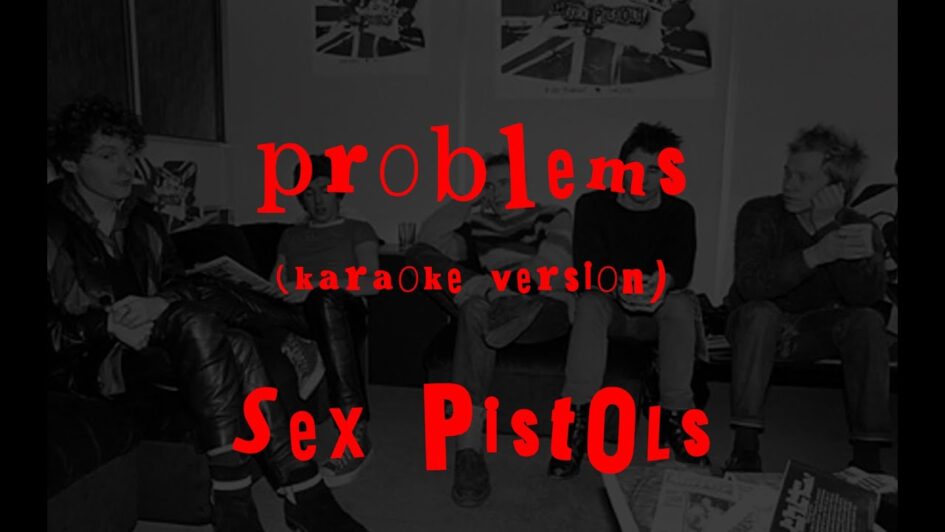Savin-Baden, M., (2014) Problem-based learning: New constellations for the 21stCentury. Journal of Excellence in College Teaching 25 (3/4) 197-219. (direct download)
Kek, M. & Huijser, H. (2015). 21st century skills: problem based learning and the University of the Future Paper Third 21st Century Academic Forum Conference, Harvard, Boston, USA.
I read both texts and mapped them out here in Miro:
https://miro.com/app/board/uXjVOGyBBkw=/?moveToWidget=3458764520608077382&cot=14
Savin-Baden, M., (2014) gives a good overview of the ONL221 approach which combines problem based learning (PBL) with Networked Learning (NL). It’s familar to me insofar as it’s pretty close to what I use IRL (rather than online). I’m not sure how much a Deweyian ‘learning by doing’ manifests in practice here in ONL221 given the topic and online approach, but that remains to be seen.
NL isn’t fleshed out as much as PBL here, perhaps since it’s obvious we are working online and at a distance. There’s an underlying nod to Connectivism in this paper.
The Savin-Baden, M., (2014) overview of PBL approaches also fits with at least some of the ways I understand PBL.
The Collaborative Inquiry model is more or less the same as the one I’ve been using a lot in recent years (see https://blogs.ed.ac.uk/macat/contemporary-art-open-learning-course-handbook-semester-1/collaborative-inquiry/). I think this works well on the whole, but, like everything, it has its shortcomings. Collaborative Inquiry is more common in social science than in the arts. I embrace the fact that its not commonplace in my field (art), which is far too focused on individual investigators. FISh seems like a good, simpler, version of the full blown PBL approach (which is too stratified for me). Looking forward to testing out FISh.
Kek, M. & Huijser, H. (2015) is mainly a taxonomy that draws on another taxonomy (modes of knowledge). It establishes 9 constellations as a means of mapping out different forms of PBL.
I’m not always sure of the value of taxonometric literature reviews like this at first, but, having read it, I can now see how some of things I do fall into specific types of PBL. The PBL landscape sketched out resembles different levels of provision we have in formal education in Scotland (e.g. FE and HE), so it’s a familiar picture. I can also see the sort of PBL I seek to avoid and have some idea why. So it’s useful as a diagnostic tool.
I have tried to avoid applying the (very open) Collaborative Inquiry model to identify and deal with ‘problems’ that are too clearly defined in such terms. The idea that education is some kind of ‘training’ to solve ‘problems’ reeks of utilitarianism and instrumentalism. However, I realise that there are lots of forms of PBL and that many of them are metacognitive – aware of this particular issue (e.g. Constellations 6, 8 and 9).
Many of the PBL models I’ve encountered as a student have simply generated lots of solutioneering and rapid prototyping masquarading as critical thinking. I can see that they were really more forms of project-based learning (masquarading as problem-based?) The kinds of PBL I have in mind here tended to be a misrepresentation of so-called ‘design thinking’. Design thinking is really more concerned with critical thinking through collaborative forms of making and being, so, on generating ‘new social forms’ (akin to Constellation 9) than on ‘solutioneering’.
In art, the idea of attempting to identify and then ‘solve’ a problem does exist (e.g. modernist painting, according to some artists and critics, attempted to ‘solve’ figure-ground ‘problems’) but it’s seen as a ridiculous way of describing what’s going on, even in the delimited terms of ‘composition’. Bit like using a hammer to open an envelope. The importance of fit comes up here again for PBL and art – how do we use PBL in a way that works with (and against) a discipline’s propositional knowledge? This is the epistemological issue of ‘modes of knowledge’ that Kek, M. & Huijser, H. (2015: 201) raise well and that seems to be encapsulated in some of the Constellations.
Aside: when I hear the word ‘problem’ in relation to artistic learning, I think of this:
So many people…have their problems
I’m not interested…in their problems
I guess I’ve…experienced some problems
But now I’ve…made some decisions
Takes a lot of time to push away the nonsense
Take my compassion…Push it as far as it goes
My interest level’s dropping, my interest level is dropping
I’ve heard all I want to, I don’t want to hear any more
David Byrne ‘No Compassion’ Talking Heads 77 (1977)
‘Problems’ in, say, composition, tend to be concocted wholly within the discipline, so they are propositional. In art we can choose to engage with these forms of propositional knowledge (and perhaps become famed for doing so) or to ignore them and create work within an entirely different set of parameters. If we ignore them, they become other people’s self-generated problems. But it’s hard to see that this is what they were all along…
But now I’ve…made some decisions
Takes a lot of time to push away the nonsense
(Sex Pistols - Problems (28 October 1977, Virgin Records) Karaoke Version)
(Sex Pistols - Problems (28 October 1977, Virgin Records) Karaoke Version)

